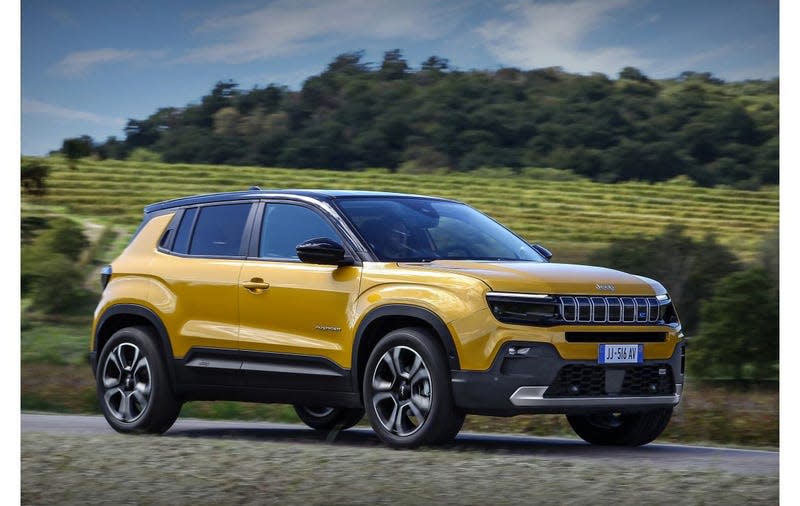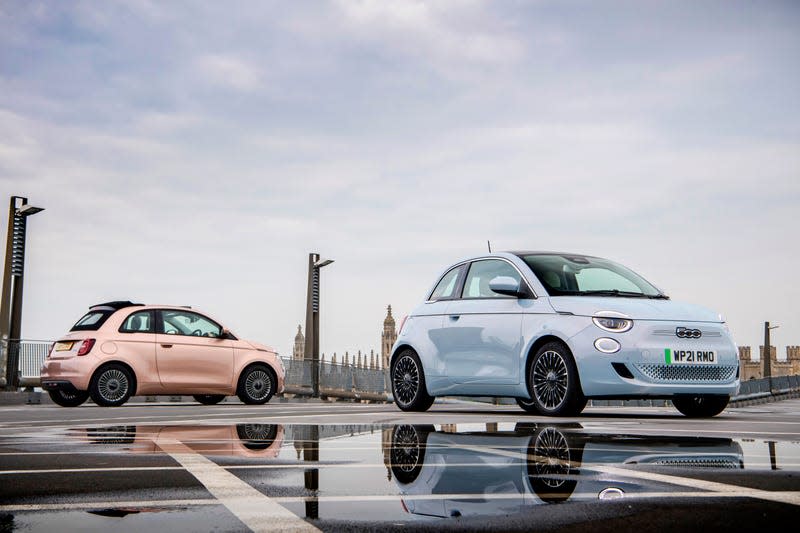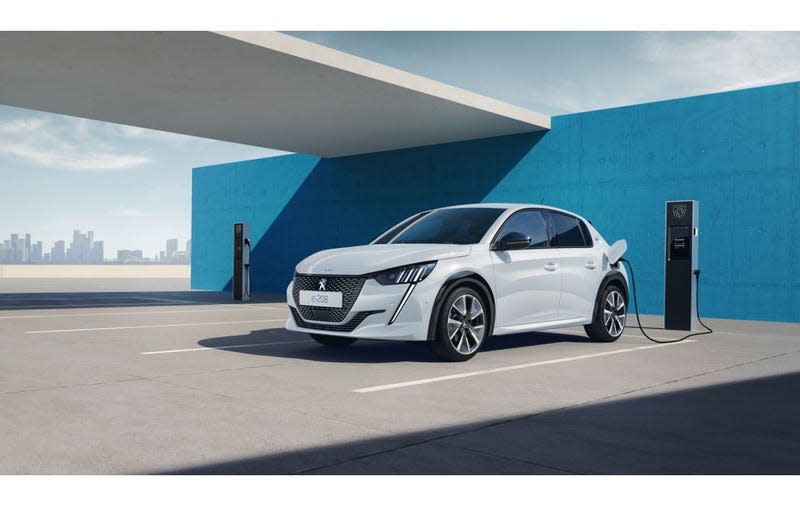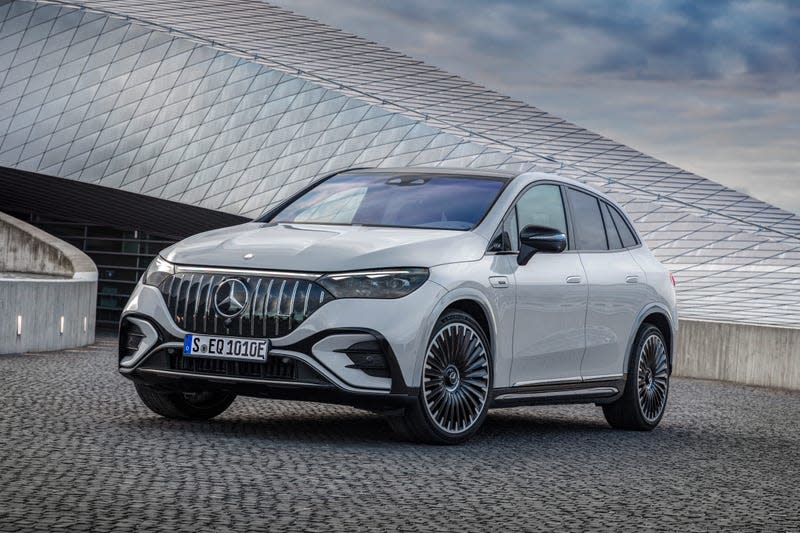Stellantis CEO Says Chinese EV Tariffs Are Needed to Avoid 'Social Unrest'

Stellantis CEO Carlos Tavares has had a lot to say lately. During the Paris motor show, for example, he announced that Alfa Romeo is profitable enough to fund its own future, then he later suggested scrapping new emissions regulations to allow automakers to focus on electric vehicles. Now he’s called for temporary tariffs on Chinese EVs to avoid “social unrest.”
Apparently, he’s concerned the necessary infrastructure won’t be in place and EVs won’t be cheap enough by the time gas-powered car bans go into effect. Speaking to Top Gear, Tavares said, “Freedom of mobility is going backwards because people can’t afford EVs. There is the potential for social unrest.”
Read more
The 2022 Civic Si Sure Seems To Make More Power Than Honda Says
You Can Now Sleep In A Retired Semi Truck Trailer Tiny House
According to Top Gear, he also believes Chinese automakers may be selling their EVs below cost, which allows them to have much lower prices than their European competitors. Once Europe only allows EVs, that could theoretically bankrupt EU automakers that can no longer compete.
“The Chinese industry might be making cars at a loss. And then they will raise prices after the European carmakers go out of business,” Tavares told Top Gear.

His solution to China bankrupting European automakers before raising their prices? Tariffs. Ones that are “[t]he same as the barriers that there are on the sale of European cars in China.” Tavares also called the time between now and 2025 a “brutal transition period.” But after that point, he says the EU could begin rolling back the tariffs since European manufacturing should be much more competitive with Chinese brands.
If the EU decides not to institute tariffs, Tavares had another suggestion: Allow low-cost gas and hybrid cars to stay on sale for a few years after the ban goes into effect. “The politicians decided dogmatically,” Tavares told Top Gear. “They decided voters want EVs. We don’t have regulations that are technology-neutral.”
But even if Tavares sees tough times ahead, it doesn’t sound like he’s given up, adding, “Still, we will compete within that frame. We will have 30 EVs on sale. It’s Darwinian. Only the best will survive.”
Much like his position on EU7 emissions regulations, this is is a tough one to take a position on. You can see where Tavares is coming from and why he believes what he believes even if you disagree with his stance. But at the same time, I’m not sure I buy that Chinese automakers are actually going to bankrupt European brands with subsidized EVs, only to jack up their prices the moment they’re the only players in town.

It also sounds like Tavares is ignoring the used market. Can I personally afford the cheapest new car in the U.S., much less the cheapest EV? Absolutely not. But back when I bought my old Fiat 500e, it cost about $6,000 out the door. It’s possible Top Gear cut some contextualizing statements from Tavares’s comment, but I don’t exactly buy the argument that Europeans not being able to afford a brand new EV will cause social unrest.
The argument that countries need to accelerate the expansion of public charging infrastructure does make sense though. Especially in Europe where cities are denser and renting is more common than in the U.S.
It’s also worth noting that Stellantis isn’t the only European automaker concerned about Chinese competition. A recent Bloomberg article quoted Laurens van den Acker, Renault Group’s head of design, saying, “It’s disturbing. I root for Europe. I want it to be us taking the leadership. Chinese carmakers have an advantage over us, and the Chinese government has been betting on the EVs for 15 years.”

In the same article, Mercedes-Benz CEO Ola Kallenius said, “The competitive intensity is increasing. It’s the most fun time to work in automotive since 1886. It’s also the most uncertain time.”
And while there’s no guarantee other countries will follow suit, French prime minister Emmanuel Macron’s position appears to align with Tavares’s. He’s reportedly planning to introduce subsidies for EVs built in France and the EU. Although, as Bloomberg points out, that may simply incentivize Chinese automakers to build their EVs in Europe instead of giving European brands a competitive advantage.
Since I don’t have a crystal ball or a time machine, I really can’t say where I stand on this issue. The best I can do is agree with Kallenius. It’s an incredibly interesting time to cover the automotive industry, but it’s hard to be certain about anything the future holds. Maybe Europe really does need tariffs to keep China from bankrupting its auto industry. Maybe not.
More from Jalopnik
Sign up for Jalopnik's Newsletter. For the latest news, Facebook, Twitter and Instagram.
